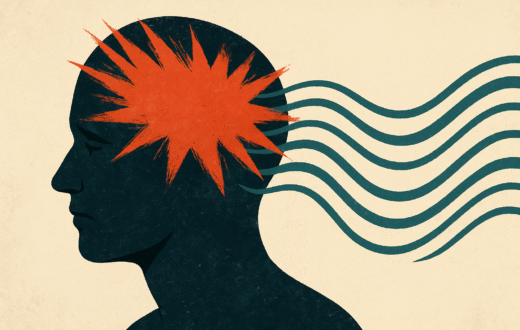The Autism and Empathy Myth: What Science Really Shows

For years, the idea that autistic people lack empathy has shaped clinical definitions, public opinion, education, and even media portrayals. This stereotype has fueled stigma and influenced policies, parenting approaches, and opportunities for autistic individuals. But a large new study challenges this long-standing assumption.
A meta-analysis of 226 studies with more than 57,000 participants reveals a far more complex picture of empathy in autism.
Key Findings
- Different patterns of empathy: Autistic people often show more difficulty with cognitive empathy (understanding others’ perspectives), but differences in affective empathy (sharing emotions) are much smaller.
- High-quality studies show minimal differences: When only the strongest studies were analyzed, even those small affective differences disappeared.
- Measurement flaws matter: Popular tests like the Empathy Quotient (EQ) exaggerate differences because they mix empathy with social skills. More refined tools, such as the Interpersonal Reactivity Index, show a nuanced reality—autistic individuals may feel emotions intensely but struggle with regulation and expression.
Why This Matters
- Nearly half of studies used weak methods, and many relied on biased measures not validated for autistic populations.
- Publication bias means studies showing similarity may have been overlooked.
- Autistic people show greater variability in empathy than neurotypicals—some score lower, many fall in the average range, and some show higher empathy.
The Takeaway
The long-standing narrative of an “autistic empathy deficit” appears more myth than fact. Clinicians, educators, and policymakers should be cautious about relying on empathy as a defining trait of autism. This study highlights the importance of updating both science and culture to recognize the diversity of autistic experience and to move beyond harmful stereotypes of autistic people as “cold” or “unfeeling.”





